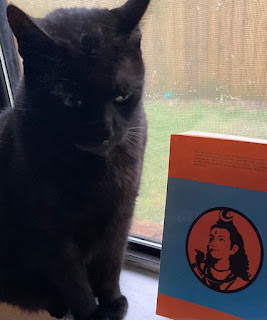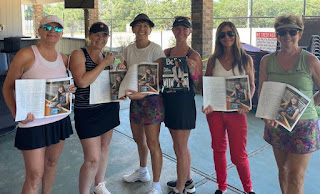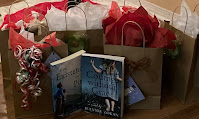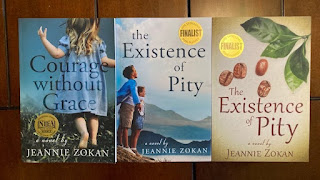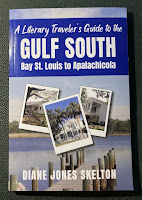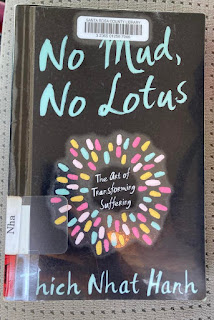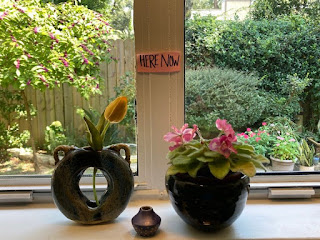The quotes from these "Conversations and Letters of Nicholas Herman of Lorraine" have been translated from the French, and the Preface, lovingly written by "The Publishers," Fleming H. Revell Company, says he became a Lay brother among the barefooted Carmelites at Paris in the year 1666. They write, "He showed us how, at any moment and in any circumstance, the soul that seeks God may find Him, and practice the presence of God."

"His one desire was for communion with God. We find him worshiping more in his kitchen than in his cathedral." He remains relatable to all because he considered himself "a great awkward fellow who broke everything," and yet, "His very countenance was edifying, such a sweet and calm devotion appearing in it as could not but affect the beholders."
Possibly the most beautiful aspect of this book is how very enjoyable he makes practicing the presence of God sound. "At other times, when I apply myself to prayer, I feel all my spirit and all my soul lift itself up without any care or effort of mine, and it continues as it were suspended and firmly fixed in God, as in its center and place of rest." I want that!
Brother Lawrence's beautiful soul has been captured by this book, which has buoyed many over the centuries. Why is it so hard to share my thoughts about such a timeless gift? It may be that in reading this book, I've been joined by the spirits of my parents, both devout Christians, both now gone. How can I do them justice in this little blog post? Each sentence I write about Brother Lawrence's simplicity and humility and utter devotion to God comes across as arrogant, flowery, too much, so I scratch it out and start over. I can't be cool or hip when it comes to such sincerity, such honesty. All I can do is share his words, and try to follow in his footsteps, and feel God's presence right now as I sit at my desk, looking out my window at this lovely spring day.
And I can try to practice the presence of God.Brother Lawrence makes it sound so easy. There isn't anything difficult about spending time in the presence of someone who loves you so much. In describing his understanding of how God sees him, Brother Lawrence says, "The King, full of mercy and goodness, very far from chastising me, embraces me with love, makes me eat at His table, serves me with His own hands, gives me the key of His treasures; He converses and delights Himself with me incessantly, in a thousand and a thousand ways, and treats me in all respects as His favorite." How wonderful to hang out with someone who considers you their favorite!
My mom underlined the passage about finding God in every moment. "That the most excellent method he had found of going to God was that of doing our common business without any view of pleasing men, and (as far as we are capable) purely for the love of God."
Maybe Brother Lawrence jokes when he writes, "One way to recollect the mind easily in the tie of prayer, and preserve it more in tranquility, is not to let it wander too far at other times." Would that I could simply rein in my wandering mind before it raced down the road of anxiety!
I've taken on the task of writing about twenty spiritual books to feel the presence of my Higher Power, and it has helped. Each book has uplifted me and taught me. But I've certainly let my mind wander far from tranquility. But not to worry. Brother Lawrence doesn't judge his readers. He only gently reminds us that, "There is not in the world a kind of life more sweet and delightful than that of a continual conversation with God." Just for today, I'll try to remember that. Love you, Mom, love you, Dad.




